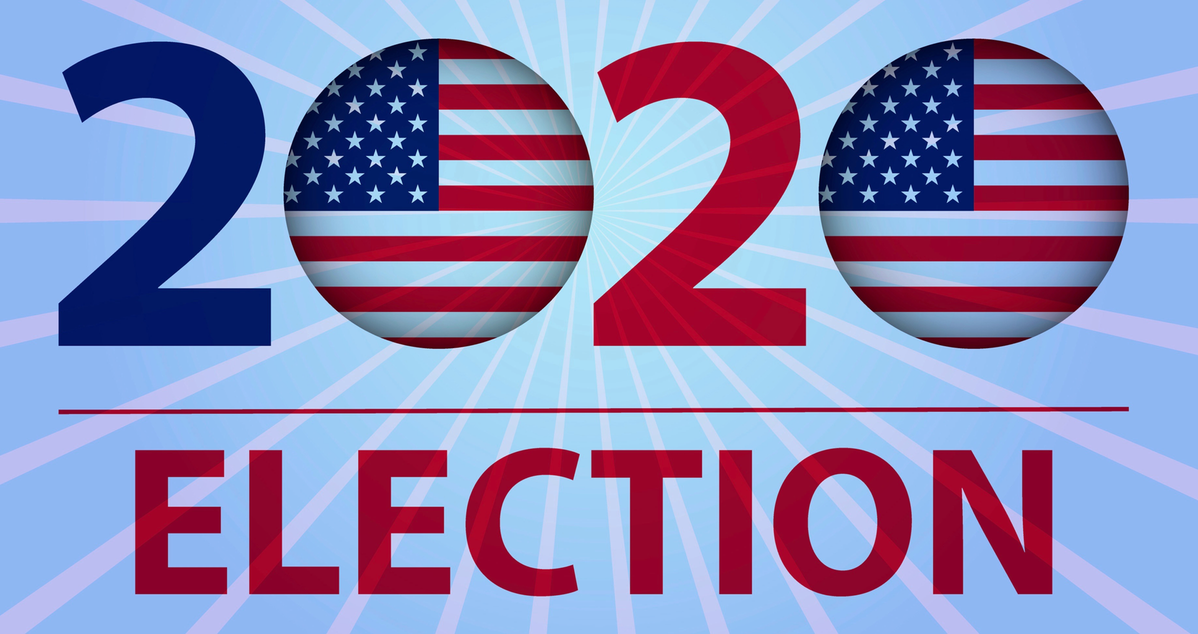I saw this difference of opinion scrawled on a wall at Gino’s East restaurant last Friday night.

Right before I snapped the shot of it, I thought to myself, what a picture perfect image to represent the politically divisive sign of the times.
But if you think about it, it’s far more than that. This handwriting on the wall is a preview of what’s going to be the ultimate societal Rorschach test of our lifetimes.
Rarely do I write about Hustler Don anymore. He was roundly defeated in the Virginia elections, the Alabama Senate election, and then by an astonishing 40 U.S. House Seats in a national map that is rigged against the Democrats.
He is also the first president ever to not rise above 50 percent approval since Gallup started asking the question during the Truman administration in the 1940’s.
But about two weeks ago, I was asked on WGN whether I agreed with the Sun-Times columnist Neil Steinberg, who’d recently wrote:
“The longer the Trump era grinds on, the more I see it, not as an aberration, but as reversion to form. This is how we are, were, and probably always will be.”
Having not yet read Neil’s piece and not knowing the context, I didn’t offer a very direct answer. But what I did find myself saying — and then repeating late last night over martinis to friends in town — is that in 16 months, we are going to truly find out who we are.
We always hear that the next election is the “most important of our lifetime!” This time it’s true. Not because Hustler Don’s policies can’t be repealed and reversed if he wins and serves out a second term — but because of what his reelection would say about US.
What it will say to we the people. And to the world.
Yes, of course, if 70 millions people vote against a candidate, then that candidate winning the Electoral College should NOT literally define every American. But that is in the land of “shoulds.”
In the world of politics and under the rules of our constitutional republic, when an American president wins a second term in the White House, it is a confirmation of who and what that person stands for — and by extension, all of us.
Presidencies are divisive by nature because our country has for centuries been split between two major parties’ governing philosophies. The founders warned against these extremes, but living out that caution is a lot easier said than done.
That said, if you objectively judge this president by his consistently racist public messages and language, not one of the other 44 American presidents we’ve elected even came close in terms of explicitly dividing our population in order to conquer.
Just today, Hustler Don publicly attacked representatives he described as “Progressive Democrat Congresswomen,” ostensibly referring to U.S. Reps. Pressley, Tlaib, Ocasio-Cortez and Omar. The president said: “Why don’t they go back and help fix the totally broken and crime infested places from which they came.”
Note: All four Congresswomen grew up in America and three were born here. Ivana Trump was born in the former Czechoslovakia. Melania Trump was born in Slovenia.
But I digress.
It is true that a president’s words and the intent we infer from them are far from the only thing voters take into account when weighing a reelection decision. Plenty of supporters of this president will tell you that they vehemently disapprove of his disgusting words, public presentation and assaults on women — but that they like what his policies have done for their lives.
Yet this is part of the point. Who are we? What’s more important? The economy or decency? Tax policy or civility? Mendacity or honesty?
You can slice and dice these questions a dozen ways. Hundreds. As they say in politics: where you stand depends on where you sit. And we must keep in mind that many folks’ political calculi shift from election to election.
There are 209 counties that Obama won twice — which then flipped and went for Trump in 2016. Eighty-one percent of folks in those counties are white.
A great many of those counties were in the five states that swung the election with their collective 83 electoral votes: WI, OH, FL, PA and IA.
The people in those counties know how important their votes are going to be in 2020. Is it unfair to place so much responsibility for what the next election says about our country onto these small subsets of voters that get to determine 15.3 percent of the Electoral College?
Perhaps. But again, this is the land of political reality born of the rules set forth in the U.S. Constitution.
All voters, including those in the critical swing states, know the situation. They will all make their own calculations. Each American’s cost/benefit ratio is different from the next, just as every American life differs by all the others by at least some degree.
On a personal note, and setting aside for a moment the nonpartisan approach I advocate for when it comes to reforming our broken government, I do openly favor the defeat of this President.
But my opinion is far from the point, as my vote matters no more (and due to geography, less) than millions of other Americans. This is about the whole.
On November 3, 2020, the world will be watching this presidential election more closely than ever before. And that’s because 245 years hence from our country’s formation, this president’s reelection — or his defeat — will tell us a ton about who we are after all this time.
Huge stakes. In so many ways. Buckle up.


